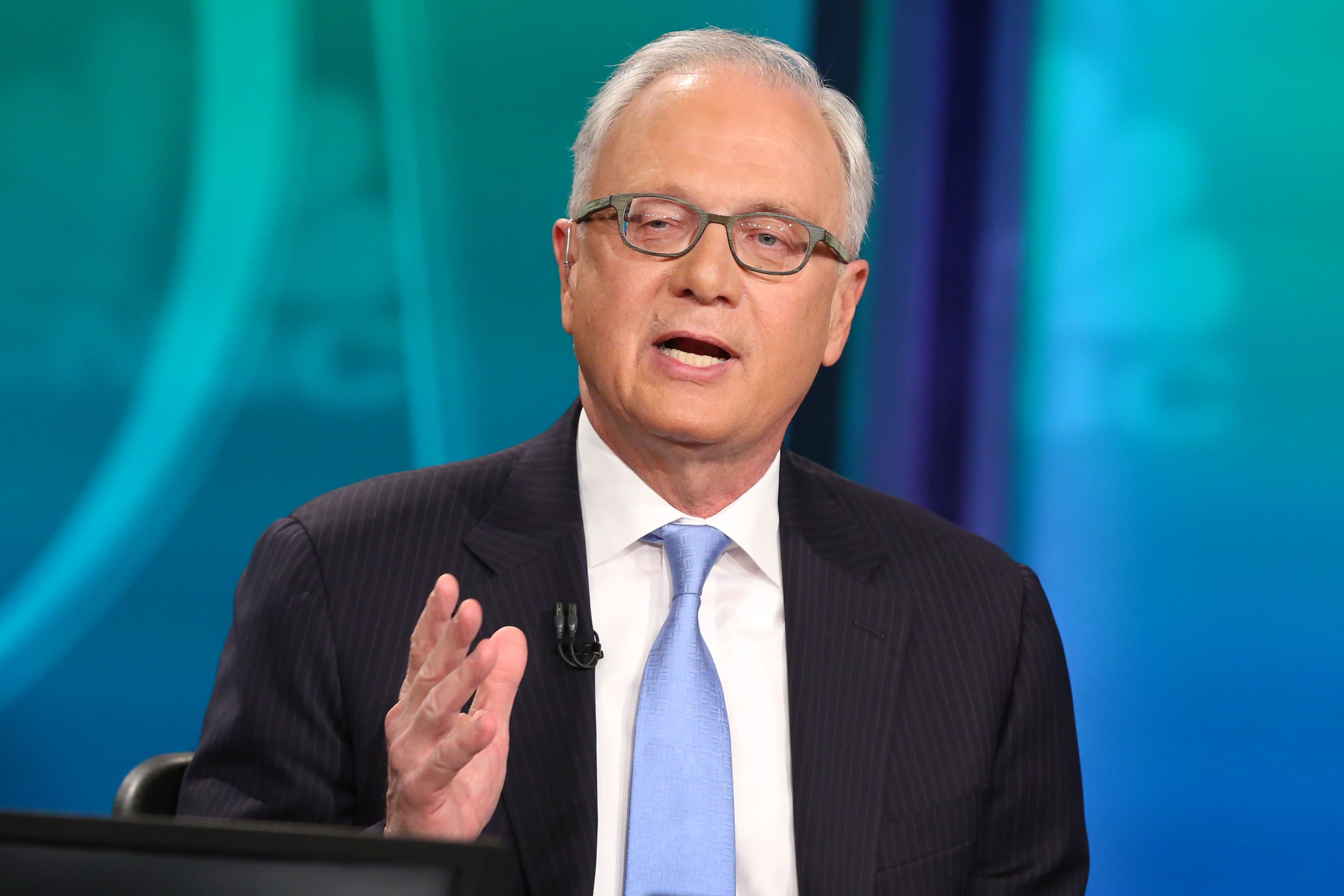 |
| Gold V.1.3.1 signal Telegram Channel (English) |

Why Some Market Experts Advise the Fed to Hold Off on Interest Rate Cuts Despite Speculation
2025-09-13 @ 00:01
Absolutely, here is a rewritten version of the article for your financial blog:
Why Some Market Experts Say The Fed Should Hold Off On Rate Cuts
Amid growing speculation about possible interest rate cuts from the Federal Reserve, not everyone is convinced this is the right move. Even as Wall Street anticipates lower rates to boost stocks and stimulate the economy, some seasoned market strategists warn that reducing rates too soon could carry significant risks.
The Debate Over Rate Cuts
For months, investors have been eager for indications that the Fed will cut interest rates, pointing to signs of cooling inflation and concerns about slower economic growth. Lower rates generally make borrowing cheaper and can support consumer spending and business investment—a recipe for rising stock prices. Yet, despite these pressures, there is a strong argument that holding rates steady might be the better option.
A Cautious Approach to Inflation
Though inflation has receded from its peak, it remains above the Fed’s target of 2%. This persistent pressure is precisely why some market experts recommend caution. Cutting rates quickly could reignite inflation, undoing progress made over the past year. The underlying fear is that loosening policy too soon sends the wrong signal, suggesting the Fed is more concerned about growth than about returning inflation to target. This could erode confidence among investors, businesses, and everyday consumers.
Signs of Economic Strength
While there are pockets of economic weakness—especially in sectors like manufacturing and commercial real estate—other areas continue to show resilience. The labor market remains healthy, with unemployment near historic lows and wages still rising. Consumer spending hasn’t collapsed, and retail sales are holding up reasonably well. The stock market, despite some recent volatility, is trading close to record levels. These factors suggest the economy is coping with higher interest rates, and a rate cut for its own sake may be unnecessary.
The Risk of Overreacting
One of the lessons from recent monetary policy mistakes, both in the US and abroad, is that reacting too quickly to short-term economic data can backfire. If the Fed lowers rates too rapidly in response to slowing growth or market volatility, it may have to reverse course if inflation picks up again. Frequent policy changes confuse markets and make long-term planning harder for businesses and consumers. Stability breeds confidence, and patience allows time for previous rate hikes to work through the system.
Stock Market Expectations
There’s no denying that Wall Street loves rate cuts. Lower rates often give an immediate jolt to equities, pushing up valuations and fueling optimism. But this enthusiasm can sometimes overlook the bigger picture: markets should prefer stable, predictable policies over knee-jerk reactions. If the Fed appears overly focused on supporting asset prices rather than managing inflation and economic fundamentals, investors may eventually balk.
Watching the Data
Many strategists believe the Fed will remain ‘data dependent’—waiting to see clear, sustained evidence of softer inflation trends and weaker growth before considering any rate cuts. This means the central bank could hold off longer than markets desire, especially if jobs and consumer spending continue to defy expectations. As interest rates are already at levels not seen for years, further patience could be prudent.
The Case for Waiting
Holding off on rate cuts might allow inflation to drift closer to the target without risking an unwanted rebound. For the Fed, credibility is paramount; showing that it is willing to keep rates higher for longer reaffirms its commitment to stable prices. Moreover, it sends a message that the central bank won’t be pressured by short-term market noise.
What Should Investors Do?
For investors, the takeaway is that policy changes may not happen as fast as hoped. Diversification and a focus on fundamentals—healthy balance sheets, strong cash flows, and pricing power—are more vital than ever. Short-term rallies based on rate cut hopes tend to reverse quickly if disappointed. Keeping an eye on the bigger picture—moderate growth, steady employment, and gradual inflation improvement—remains the best strategy.
Conclusion
While rate cuts may eventually be warranted, the case for holding steady is strong. Allowing time for the effects of current policy to work, while staying vigilant about inflation, may benefit the economy and markets in the long run. Investors would do well to watch the Fed’s actions closely, but not assume that lower rates are right around the corner.




